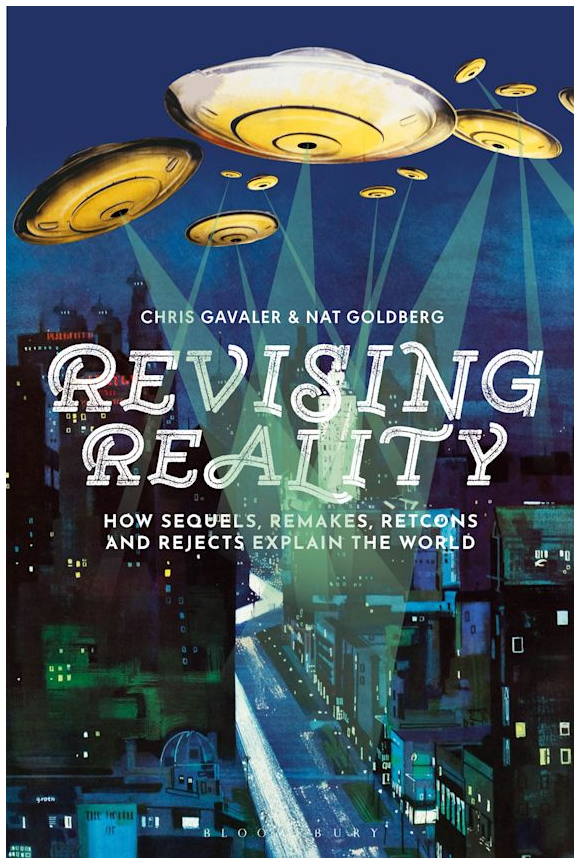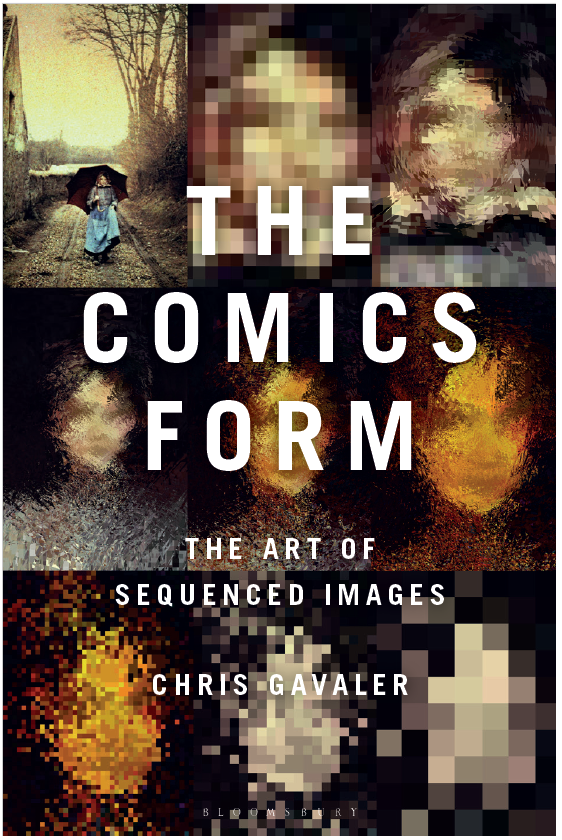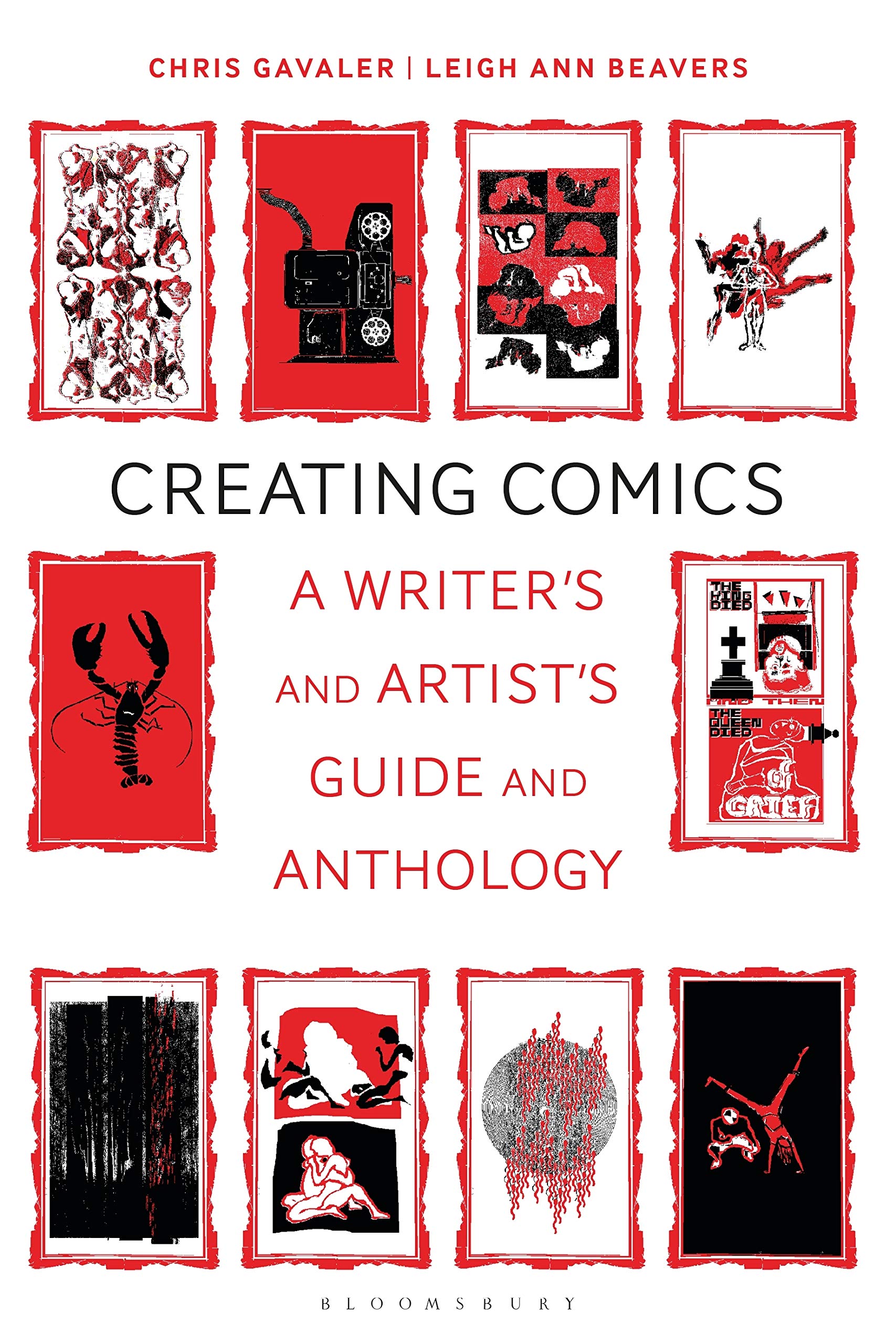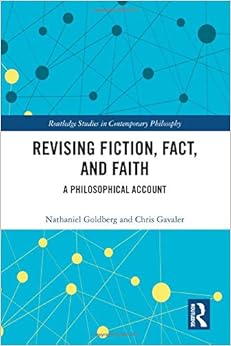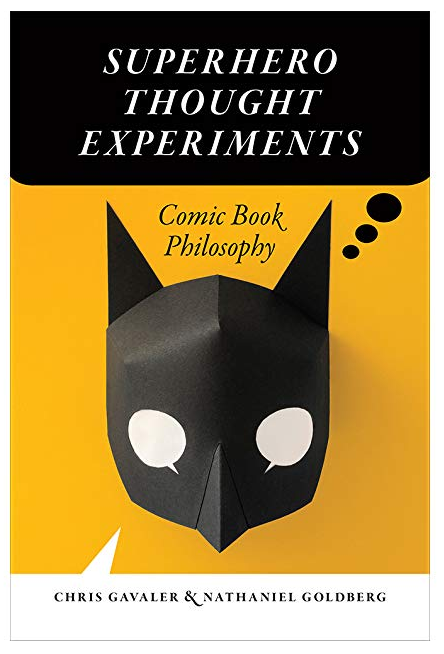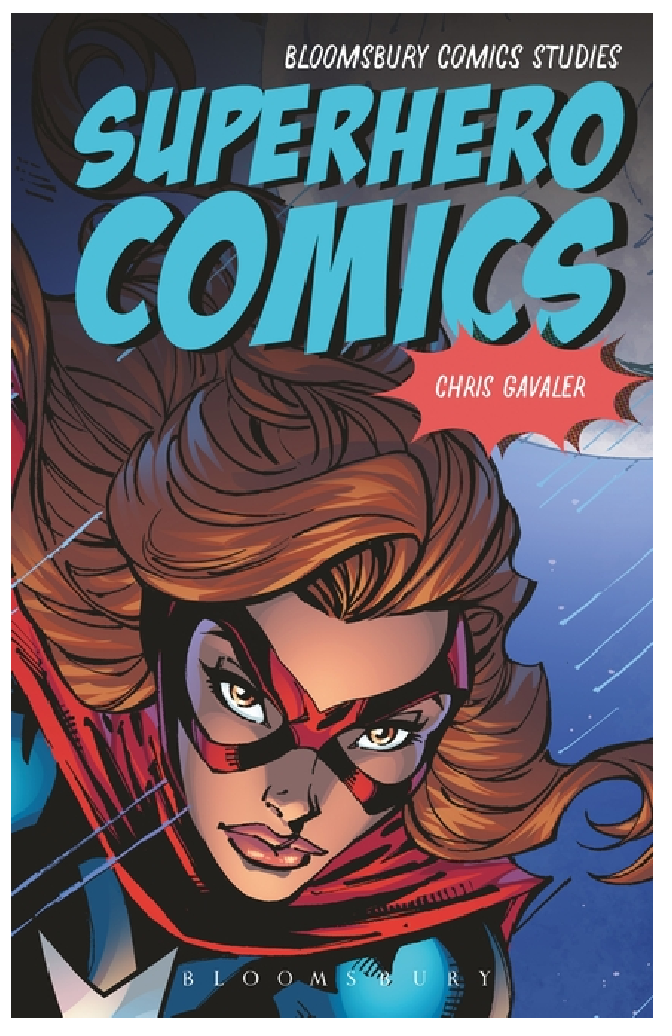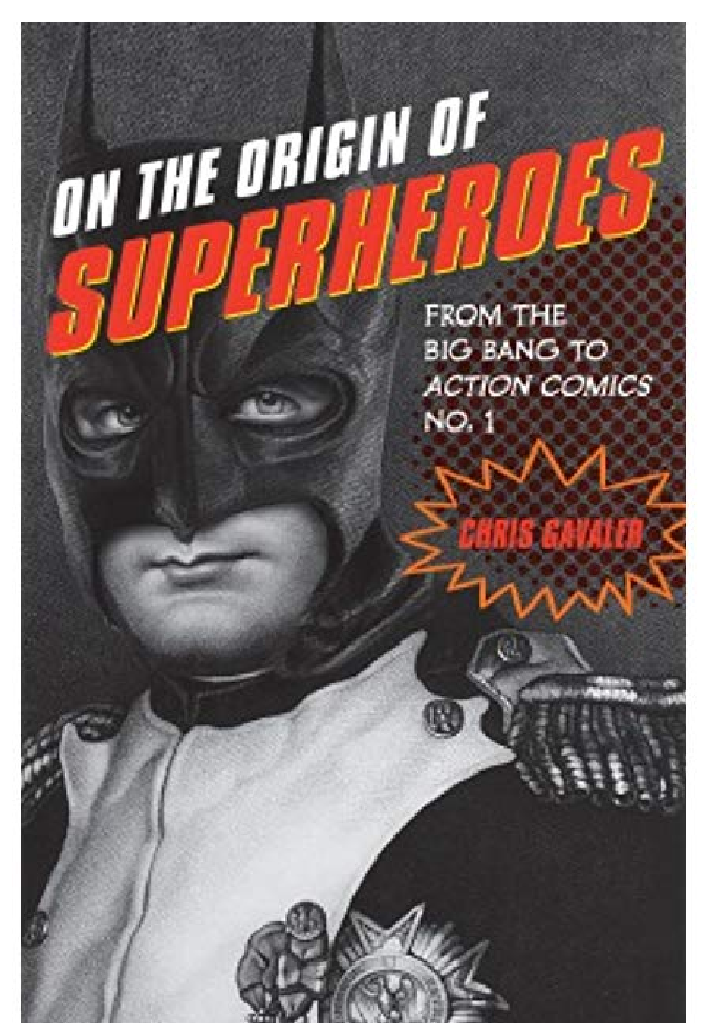Monthly Archives: June 2015
22/06/15 Jane Austen’s Superman
“Superman’s powers weren’t unique,” writes Deborah Friedell, “but his schlumpy double identity was,” because “it is the ordinary person, Clark Kent, who is the disguise.”
The assertion is indirectly Brad Ricca’s, whose biography Superboys Friedell was reviewing, but either way, I have to raise my hand from over here in Bath, England where I’m teaching this month, and say, well, actually, no. Jerry Siegel can only claim uniqueness points if you ignore a range of earlier, disguise-reversing characters, including Zorro and the Scarlet Pimpernel–whose 1934 film incarnation Siegel would have watched before his coincidental stroke of Superman inspiration later the same year.

I’m guessing, however, Jerry didn’t read much by Bath’s most beloved literary daughter, Jane Austen. Which is a shame because she penned the first Clark Kent all the way back in 1817. Austen was more or less on her deathbed at the time, which might explain why she was writing about invalids at a beach resort, and, more sadly, why she never finished.
“Jane Austen left few hints about the direction Sanditon would have taken had her health allowed its completion,” writes Austen expert Mary Jane Curry. “Perhaps future study will suggest why, if Austen family lore is true, Jane Austen called it ‘The Brothers.’” Laurel Ann Nattress thinks the middle of the titular brothers, the very good-looking and lively countenanced Sydney, was “possibly to emerge as the hero.” Maria Grazia agrees (“The male hero seems to be in Jane’s intentions, Sidney Parker”), scolding Juliette Shapiro for her treatment of the character and the subsequent romance (“Rather improbable”) in a completion of Austen’s novel.
Shapiro’s is only one of over a half dozen attempts (including a webseries set in California) to pick up where Austen’s dying hand dropped off. Perhaps so many of them fail because they champion the wrong Mr. Parker. My bets are on Sydney’s kid brother, the mild-mannered Arthur.
He, like his delicately hypochondriac older sisters, has come to Sanditon to convalesce. Charlotte, Austen’s final protagonist, “had considerable curiosity to see Mr. Arthur Parker; and having fancied him a very puny, delicate-looking young man, materially the smallest of a not very robust family, was astonished to find him quite as tall as his brother and a great deal stouter, broad made and lusty, and with no other look of an invalid than a sodden complexion.” That’s a casting call for Christopher Reeve.
Arthur only receives one scene (more than his feckless brother), but it has all the hallmarks of a Kryptonian slumming as a cowardly weakling. His first line is an apology for hogging the seat by the fire. “We should not have had one at home,” said he, “but the sea air is always damp. I am not afraid of anything so much as damp.” Charlotte is fortunate never to know whether air is damp or dry, as it has always some property that is wholesome and invigorating.
“I like the air too, as well as anybody can,” replies Arthur. “I am very fond of standing at an open window when there is no wind. But, unluckily, a damp air does not like me. It gives me the rheumatism.” He is also, he confesses, “very nervous,” an obscure 19th century condition sadly extinct by the time Siegel was writing, or surely Clark would have suffered it too. “To say the truth, nerves are the worst part of my complaints in my opinion.”
Charlotte recommends exercise. “Oh, I am very fond of exercise myself,” he replies, “and I mean to walk a great deal while I am here, if the weather is temperate. I shall be out every morning before breakfast and take several turns upon the Terrace, and you will often see me at Trafalgar House.” But does Arthur really call a walk to Trafalgar House much exercise? “Not as to mere distance, but the hill is so steep! Walking up that hill, in the middle of the day, would throw me into such a perspiration! You would see me all in a bath by the time I got there! I am very subject to perspiration, and there cannot be a surer sign of nervousness.”
Adding to sweat and humidity, Arthur reveals his most feared form of liquid kryptonite. “What!” said he. “Do you venture upon two dishes of strong green tea in one evening? What nerves you must have! Now, if I were to swallow only one such dish, what do you think its effect would be upon me?” Keep him awake perhaps all night? “Oh, if that were all!” he exclaims. “No. It acts on me like poison and would entirely take away the use of my right side before I had swallowed it five minutes. It sounds almost incredible, but it has happened to me so often that I cannot doubt it. The use of my right side is entirely taken away for several hours!”
Is Arthur duping Charlotte the way Clark dupes Lois? Hard to say. It is clear, however, that the man is masking deeper appetites. Although he pretends, “A large dish of rather weak cocoa every evening agrees with me better than anything,” Charlotte observes the drink “came forth in a very fine, dark-coloured stream,” prompting his sisters’ outrage. “Arthur’s somewhat conscious reply of ‘Tis rather stronger than it should be tonight,’ convinced her that Arthur was by no means so fond of being starved as they could desire or as he felt proper himself.” Arthur has a similar weakness for liberally buttered toast, “seizing an odd moment for adding a great dab just before it went into his mouth.” Wine also does him surprising good. “The more wine I drink—in moderation—the better I am.”
Charlotte, demonstrating the sleuthing skills of a top notch girl reporter, notes “Mr. Arthur Parker’s enjoyments in invalidism,” suspecting “him of adopting that line of life principally for the indulgence of an indolent temper, and to be determined on having no disorders but such as called for warm rooms and good nourishment.” Laurel Ann Nattress (did I mention she has a blog on Austen?) thinks the twenty-year-old has been “cosseted” (presumably by his doting sisters) “into believing himself to be of delicate health.”
That’s the interpretation Bryan Singer adopted for his 2006 Superman Returns. The Man of Steel’s bastard son, the five-year-old Jason, appears to be an asthmatic runt—until he throws a piano at the thug menacing his mother, Lois. Was little Jason just jerking everyone around? Hard to say. But his old man certainly was. The best scene from Quentin Tarantino Kill Bill is David Carradine’s superhero monologue:
“When Superman wakes up in the morning, he’s Superman. His alter ego is Clark Kent. What Kent wears – the glasses, the business suit – that’s the costume Superman wears to blend in with us. Clark Kent is how Superman views us. And what are the characteristics of Clark Kent? He’s weak… he’s unsure of himself… he’s a coward. Clark Kent is Superman’s critique on the whole human race.”
Austen is critiquing us too, our laziness and self-serving foibles, but being also a devoted lover of the marriage plot, would she have left poor Arthur to stew in his rather weak brew of humanity? I’m not suggesting the young man was hiding a capital “S” under his shirt, but Austen seems to have hidden something under there. Lois eventually pulled the glasses off Clark. I suspect Charlotte would have done the same with her tall, broad, and lusty invalid.
Tags: Bryan Singer, Jane Austen, Juliette Shapiro, Kill Bill, Laurel Ann Nattress, Maria Grazia, Mary Jane Curry, Sanditon, Superman Returns
- Leave a comment
- Posted under Uncategorized
15/06/15 Taking a Bath with Mary and Jane
I arrived last weekend in Bath, England, where I am teaching “Writing Bath: Historical, Contemporary, Speculative Fiction,” a creative writing course focused on the multi-genre possibilities of place. Thank you, Advanced Studies in England, for flying me over and lodging me in a 19th century house two blocks from the wonderfully creepy Bath Abbey (the stone angels scaling its sides belong in a Doctor Who episode).
Bath’s most beloved author is Jane Austen, but Mary Shelley ought to be a strong second. She finished Frankenstein while lodging across the courtyard from that same Abbey. Austen’s house is a few blocks north, but she moved out well before the scandal-laden Shelleys moved in. Yet there’s no Mary Shelley tour, no building plaque–only in part because the building is gone, absorbed into the expanding Pump Room of the Roman Baths. The ASE director seemed a little chagrined, but added, “It’s not really a Frankenstein town though is it?”
My class is tracing both Jane’s and Mary’s literal and literary footsteps. The oddball pairing is especially fun for a superhero buff, since the superhero is its own sutured corpse of a genre. Austen was sketching a version of hypochondriac Clark Kent (more on that next week) while Shelley was penning literature’s first monstrous ubermensch. It would take later writers to weld the opposing impulses, love and horror, into a single cape-flapping creature, but Bath provided the embryonic fluid.
As any self-respecting goth can tell you, the nineteen-year-old Miss Godwin (she and the still inconveniently married Percy Shelley had been an item for a couple of years already) stayed the summer of 1816 at Lord Byron’s Swiss lair. This was The Summer That Never Was, the summer England and New England weathered historic snow and a veil of sulfuric fog from Mount Tombora in Indonesia the year before. In Switzerland, they were telling ghost stories, among other activities.
John Polidori, Byron’s much maligned traveling companion/physician, was the first of the class to publish his ghostly tale. He also gets credit for the first dual identity supervillain, the Byron-inspired aristocrat-vampire, Lord Ruthven. Vampyre: A Tale was a hit in English bookstores, and not just because everyone thought Byron wrote it. Byron, having suffered a bout of creative impotence that summer, put out Manfred instead. His Faustian super-wizard is neither exotically foreign nor ancient, so a prototype for later Doctors Fate and Strange—only with an autobiographical hankering for his sister, the reason Byron fled to the Alps in the first place. Both Tchaikovsky and Schumann wrote music for the three act poem, as did schoolboy Friedrich Nietzsche, who called the renegade sorcerer übermenschlich (supermanlike).
I don’t know if Nietzsche read Frankenstein too, but he should have, since Mary Shelley is first novelist to depict a race of eugenically superior supermen he calls for in Thus Spoke Zarathustra. The name of her Faustian mad scientist usually conjuror images a flat-headed Boris Karloff with those c. 1931 electric bolts bulging from his neck. Movie buffs might tack on a corpse-sutured Christopher Lee or, more regrettably, Robert De Niro, but the Shelley original sports no stitches or jigsawed body parts. The guy is a god. Early stage productions draped him in Greek togas, his dark locks aswirl. Sure, his skin is transparent yellow and his face is a fit of twitching muscles, but his “limbs were in proportion” (a big turn-on for early 19th century readers) and the doctor “had selected his features as beautiful.”
Shelley doesn’t call him a superman because the word wasn’t in circulation yet. Nietzsche borrowed “unbermenschen” from Goethe, who’d coined it for the mad alchemist hero of his own verse play Faust a few years earlier. English translators went with “superhuman” or “demigod,” until George Bernard Shaw gave us the name destined for a cape and tights—though he had Faust’s alter ego, Don Juan, in mind.
After returning to England, Percy’s destitute wife Harriet found herself conveniently drowned in London’s Hyde Park, allowing her adulterous husband to marry his teen mistress around the time he impregnated her again. (Presumably the six-month-old William was present for but not an active participant in the Swiss storytelling adventure.) Jane Austen started work on her last novel the same winter, before stopping in March due to an illness that confined her to bed the following month. Mrs. Shelley finished gestating her first novel in May. Austen died in July at the age of forty-one. Clara Shelley was born in September, six months before Frankenstein was delivered to bookstores. It was a hit, and not just because everyone thought Percy wrote it.
Percy, like Byron, didn’t conceive much during the Summer That Wasn’t. His “Ozymandias” (yes, an Alan Moore influence) appeared between Clara and Frankenstein, but he eventually one-ups Byron with his four act poem Prometheus Unbound. I’m waiting to see what my students will add to that speculative canon. Mary began her novel in June too, not quite two hundred years ago, but close enough.
Tags: Advanced Studies in England, Bath, England, Frankenstein, Jane Austen, Mary Shelley
- Leave a comment
- Posted under Uncategorized
08/06/15 An Ode to Joss Whedon
Guest blogger, Madeleine Gavaler

It feels creepy to say this about a middle aged man I’ve never met, but Joss Whedon has profoundly changed my life, from providing my role models in the darkest days of middle school to shaping my choice in picking the college where I will be spending the next four years of my life. In preparation for leaving for Wesleyan, I’ve been cleaning out various corners of my bedroom. Of all the toys I’ve accumulated over the past eighteen years, I kept three things: crudely made action figures of Spike, Tara, and Willow.


I first watched Buffy with my family when I was about thirteen and have continued to binge watch it every couple of months since. Without my emotional prejudice I would still think the show is the best ever made, but it is so much more to me than a well-written, intricately plotted masterpiece. Buffy is the first thing I can remember watching with strong and imperfect female characters who were lovable and flawed and who I could always look up to. Watching little blonde Buffy kick ass and defy stereotypes and Willow transform into a more confident and capable version of herself was what got me through my middle school years. On “blonde joke Fridays” I would imagine Buffy Summers kicking my algebra teacher Mr. Almanza in the face, and when my lunch table referred to me as “the ghost” and wouldn’t let me speak, I remembered how ghost Willow saved the day in the Halloween episode.
In this world devoid of Black Widow movies and pay equity, I would like to think that my obsession with Whedonverse characters speaks not only to my geeky antisocial tendencies but to the problems in representation. Buffy Summers is both feminine and a badass.

Tara and Willow are an adorable couple, but they made such an impression on me because they had the first lesbian kiss I can remember seeing.

Angel’s Fred Burkle is undoubtedly an objectively wonderful character, but she is so important to me because she went from being a damsel in distress to running her science laboratory.

Firefly’s Kay Lee is a sweet mechanic with a healthy attitude about sex.

All of these fictional women are so important to me because they’re not just characters in shows I watch, they’re examples of identities that are okay to have. I know this is so cheesy, but the characters Joss wrote validated and still validate my goals and myself.
I spend a fair amount of time on the feminist side of the internet, a place where Joss is not always loved. I think a lot of the criticism about his portrayal of rape and racism and certainly darling Natasha Romanoff’s characterization is valid, and yet I am still full of admiration for this rich white guy. I have my own complaints about his treatment of characters and I’m not blind to his problematic moments, but I will always respect his portrayal of strong female characters.
I no longer need Buffy to beat up my bullies, but I find just as much comfort in Joss’s characters as I enter season four of my life. Whether it is loss of a loved one, starting a new part of your life, heartbreak, or vampire attack, Joss has written a weirdly applicable and comforting story about it. I’ll never understand why season four of Angel happened or why on earth Bruce and Natasha, but I will always be in awe of how one person could create my favorite horror movie, Shakespeare adaptation, musical, and short lived sci-fi Western. I couldn’t be more excited to attend his alma mater, and I hope it’s nothing like UC-Sunnydale and I don’t have a demon roommate.

Tags: Buffy, Fred Burkle, Joss Whedon, Kay lee, tara willow spike action figures, Wesleyan, willow and tara first kiss
- 1 comment
- Posted under Uncategorized
01/06/15 Who’s that Masked Saxophonist?

“Why is it that so many of our favorite characters from film and television wear masks?” asks the Hal Leonard website. “Jay Bocook examines this disturbing phenomenon in this intense yet entertaining medley.”
Bocook is a staff composer/arranger for the Hal Leonard music company, biggest supplier of sheet music to middle schools in the U.S. Including my son’s, Lylburn Downing Middle School in Lexington, VA. Their spring band concert featured Bocook’s arrangement “Who’s That Masked Man?” The company owns the rights to over 200,000 titles, but he whittled them down to just five mask-themed songs.
The medley opens with “March of the Swiss Soldiers,” the fourth and last section of Gioachino Rossini’s overture to his 1829 opera William Tell. I know it from the black and white reruns of The Lone Ranger I used to watch on my aunts’ ancient TV set. The 1950s series went off the air a decade before I was born, but the Overture had been the masked ranger’s theme since his 1933 radio debut. The galloping beat originally belonged to the Swiss folk hero known for shooting an apple off of his son’s head with a crossbow—an evil Austrian overlord’s way of punishing Tell for not bowing to his authority. Tell eventually assassinates the overlord, sparking the Swiss rebellion.
Bocook uses the Overture for a ten-second intro, no saxophones, so my son doesn’t come in till the key-changing transition to Spider-Man. The 1967 cartoon started Saturday mornings on ABC the year after I was born. Disney now owns both Marvel and ABC, but the company that originally produced the show went bankrupt after two seasons. The cost-cutting third season is notorious for its recycled bits. The theme song is better—or at least better known—than the cartoon, though my son found the sax line repetitious. Composer Robert Harris also scored Stanley Kubrick’s adaptation Lolita—a very different kind of “disturbing”—but lyricist Paul Francis Webster started writing hits in the early 30s, including for Shirley Temple and Duke Ellington. I would love to hear either sing, “Spider-Man, Spider-Man, does whatever a spider can,” but it’s always Homer Simpson’s “Spider-Pig” version playing in my head.
A very different kind of webber wrote the 1986 The Phantom Of The Opera. The Andrew Lloyd Webber musical is the longest running on Broadway—over 10,000 performances and counting—but I think Bocook cheated with this one. Yes, the deformed Lon Chaney character wears a mask, but not the heroic kind of Spider-Man and the Lone Ranger. 1925 audiences reportedly shrieked in horror when the Phantom’s damsel-in-distress unmasked him: “Feast your eyes—glut your soul on my accursed ugliness!”But in Bocook and Webber’s defense, my son likes the sax parts.
Instead of operas and pretend operas, Michael Giacchino is better known for his Pixar films (Ratatouille, Up, Cars 2), J. J. Abrahams TV shows (Alias, Lost, Fringe), and first-person shooter video games (Call of Duty, Medal of Honor). When he scored the 2004 The Incredibles, he was channeling the 1960s. “The Glory Days” theme is an amalgam of retro spy beats. My son is fourteen, so the 30s and 60s and 90s are all the same to him—but he did recognize the James Bond knock-off chords. Director-writer Brad Bird confirmed last month that he’s finally getting around to making the much deserved sequel too. The Incredibles was my son’s first drive-in movie. He thought it was pretty cool that we could just park the mini-van somewhere and a movie would start playing. He was four.

His favorite of Bocook’s selections is “Zorro’s Theme” from the 1998 The Mask of Zorro staring Antonio Banderas. James Horner also scored The Rocketeer and The Amazing Spider-Man, but I appreciate how the faux-Mexican melody gestures back to the 19th century, mirroring the medley’s authentically 19th century opening the way “Glory Days” mirrors the authentically 1960s Spider-Man. Zorro is even a revolutionary like the legendary William Tell. He also has the best rhythm for sax.
I don’t have a recording of the LDMS 8th grade band, but here’s another middle school performing the same “Who’s That Masked Man” medley. I admit to wishing the 1966 Batman TV show theme were in there, or John Williams’ 1977 Superman film, or Danny Elfman’s 1989 Batman, or my all-time favorite, the 2003 Teen Titans cartoon theme, “Go Teen Titans!” Our whole family used to watch those reruns. But I doubt Puffy AmiYumi is on Bocook’s list of available Hall Leonard music.
Fortunately, my son is also in Jazz Band, and they closed the concert with “Smoke on the Water.” Which makes up for any other omissions.
Tags: Gioachino Rossini, Glory Days, Hal Leonard, Jay Bocook, Phantom of the Opera, Spider-Man, The Incredibles, William Tell Overture, Zorro's Theme
- Leave a comment
- Posted under Uncategorized

















